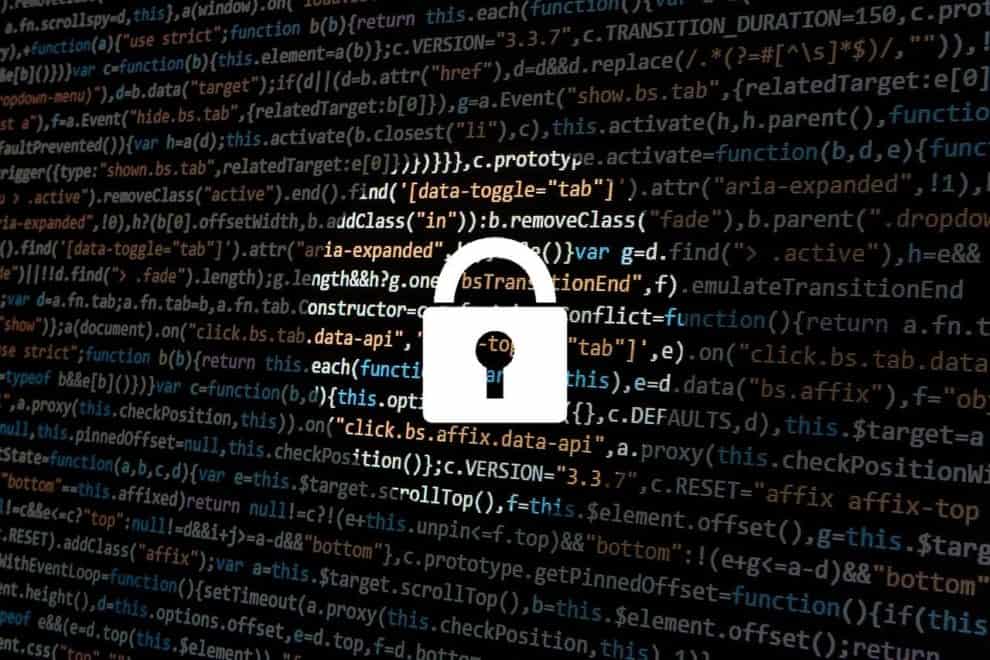The Russian invasion of Ukraine was thought by many to be the beginning of widespread cyberwar. The scale of the ground war hasn’t translated into an all-out online war, yet, but there is still time and plenty of potential.
The world has learned a lot since the start of the Ukraine war, including the capabilities of Russian attackers to disrupt Ukraine and its allies. What does this tell us about the future of cyberwar and how can you prepare for what comes next?
To help answer those questions, we’re going to explore:
- How the build-up to and the invasion of Ukraine has changed cyberwar
- What the future of cyber warfare looks like
- Ways you can protect yourself from future online attacks
How has the war in Ukraine changed cyberwar?
Ukraine has been the target of Russian cyber attacks for years since its annexation of Crimea in 2014. In fact, one of the biggest malware attacks the world has seen to date was spawned in the conflict.
In 2017, the now notorious NotPetya malware was launched as a Russian attack against Ukrainian infrastructure. The software ran amok across the internet and brought down global businesses such as Maersk, Merck, and TNT Express.
The original NotPetya ransomware message. By User:Jbuket – https://uain.press/blogs/yevgen-buket-vitannya-petru-o-vid-pyeti-dnya-konstytutsiyi/ , CC BY 4.0, https://commons.wikimedia.org/w/index.php?curid=60473519
Early 2021 saw an uptick in attacks against Ukraine and the USA was warning of more to come as Russia built up troops on Ukraine’s borders. However, five months into the ground war and European powers are saying that their worst fears are yet to come true.
Attacks have remained local, for now. Russia is regularly attacking Ukrainian government websites. Microsoft reports at least 48 attacks by the Russian government against Ukrainian websites.
On the other side, Ukrainians have been targeting Russian information services. Russia’s version of YouTube – RuTube – was taken down for days, for example.
Yet, much of the activity against Russia has been done by independent actors. A Norwegian programmer set up a website allowing Ukrainians to spam Russians with messages about the war and hacktivist collective Anonymous declared war on Russia on the first day of the invasion.
The local and small-scale nature of the attacks suggests that cyber war may not be all-encompassing as we once thought. Russia’s military isn’t as powerful as once feared and it seems its ability to hit out globally online is much smaller than the world thought. What does this mean for global cyberwar?
What will global cyberwar look like?
As we’ve seen with NotPetya, global cyberattacks may not actually be intentional. When they are, targets are likely to be infrastructure as a means to disrupt everyday life.
Attacks on the Colonial Pipeline network that caused havoc for fuel supplies in the USA and disruption to the food processing company JBS have shown just how disruptive online attacks can be.
Indeed, the Harvard Business Review’s analysis suggests that a lot of the attacks in recent years are leading up to something bigger. Attacks haven’t been as big or painful as they could have been – this could be incompetence from the attackers or them not wanting to show exactly what they can do.
Personal computers may well come under attack too. This would have a huge global effect; people won’t be able to access their online banking, communication tools, or even their work.
How to prepare yourself for global cyberwar
Global cyberwar could take many forms so you need to prepare in a range of ways, such as:
- Make your computer as secure as possible, try out a VPN free trial and learn how it can mask your online activities from malware and hackers.
- Keep your computer and other hardware safe by running regular software updates, including any tools you use for virus and malware protection.
- Have a healthy level of skepticism about websites, links, and downloads to avoid inadvertently downloading something malicious.
In the offline world, you should also be prepared for being offline. Electricity, food, and fuel disruptions are high on the list of threats so making sure you have a couple of days of food and power available will be useful.
It’s hard to know exactly where and what will be attacked if cyber warfare goes global. The best you can do is protect your computer and data from being a target and make sure you’re able to survive any fuel and supply issues as they arise.

